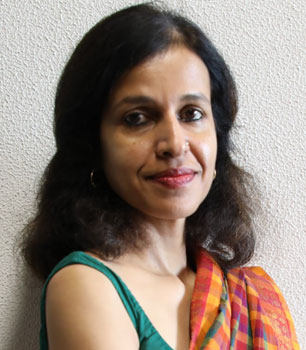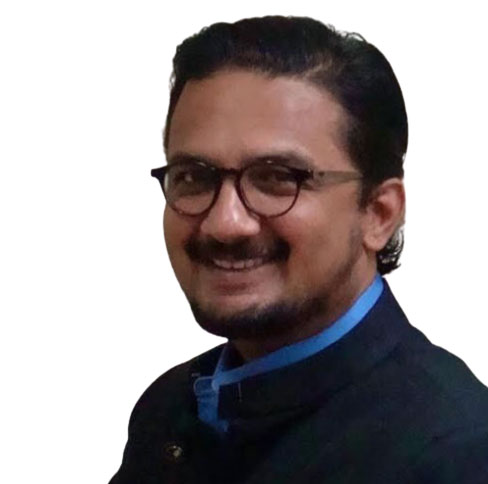Ashoka-Environmental Defense Fund Climate Corps Blogs
5 Years of Climate Corps India: Building the Green Workforce for a Resilient Tomorrow

From bold beginnings to a growing movement, we reflect on five years of training talent, sparking climate innovation, and bridging the green leadership workforce gap.
“Climate Corps has proven that climate action is not only about CSR or social impact, it is about building resilient businesses, infrastructure, and public systems.”
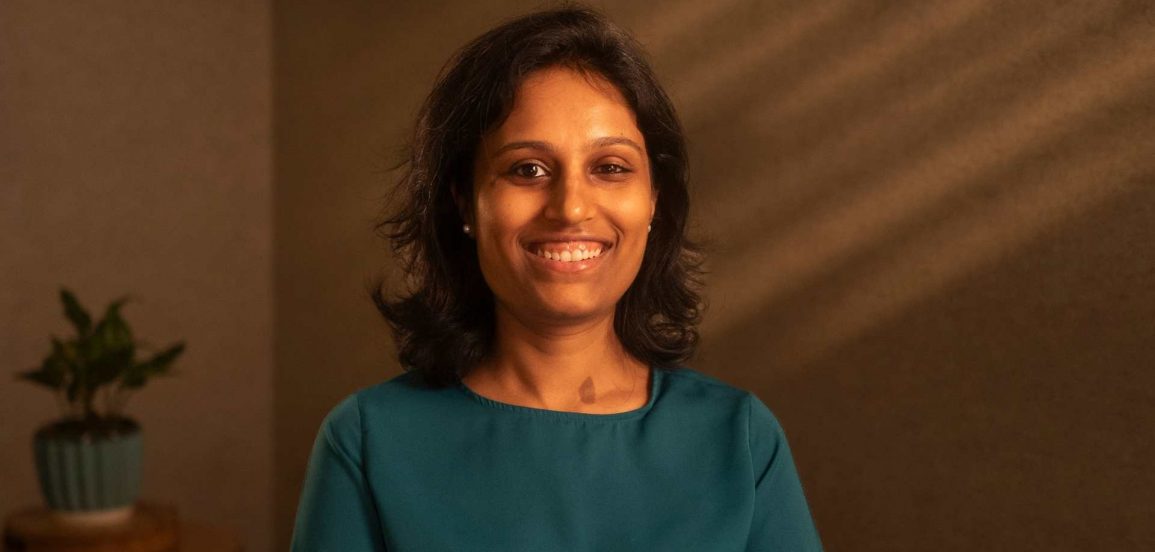
Paridhi Mishra, Deputy Director & Program Head - Climate Corps, India
That’s how Paridhi Mishra, Deputy Director and Program Head of Climate Corps at AshokaX, reflects on the fellowship’s journey over five years. “In the last five years, Climate Corps has built human capital for climate action, and our fellows have empowered companies, government projects, and non-profits from within.
Sustainability is no longer a niche, reserved only for those with environmental degrees. Transferable skills from strategy, finance, supply chain, policy, and more are making climate action more effective.”
She notes that this broadening of expertise has also made sustainability one of the few fields where professionals can contribute to addressing challenges humanity has never encountered before.
India’s Climate Paradox
Ever thought about what happens when one of the world’s fastest-growing economies is also one of its most climate-vulnerable? India is one of the world’s fastest-growing economies, but it is also the third-largest emitter and among the most climate-vulnerable nations. The country is responsible for roughly 7% of global greenhouse gas emissions, and the World Economic Forum estimates that climate change could slice off up to 10% of national income, pushing millions back into poverty.
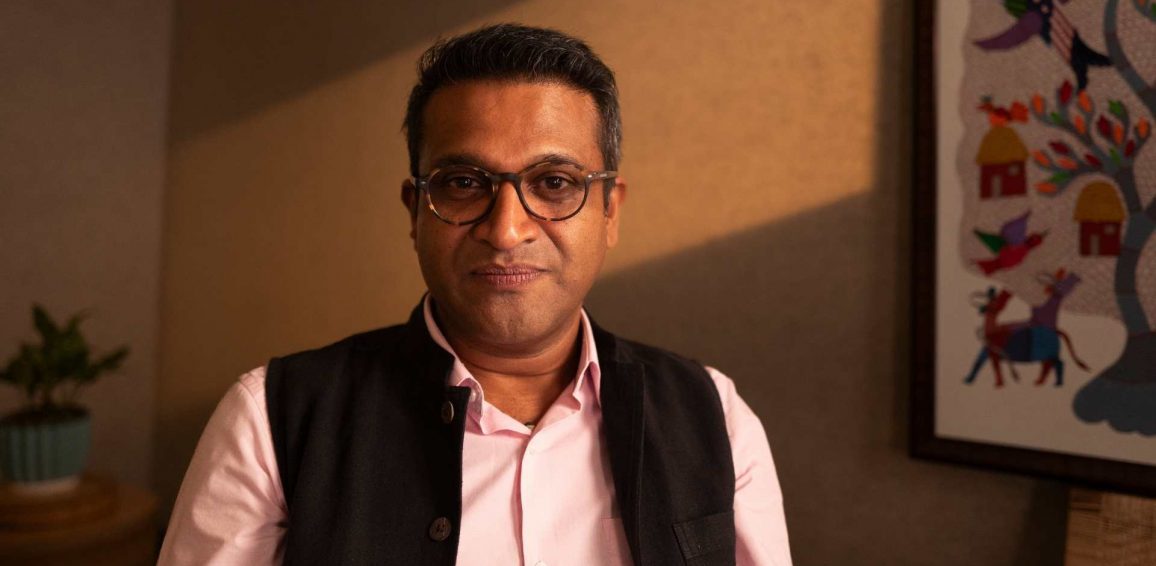
Hisham Mundol, Chief Advisor, India - Environmental Defense Fund
As Hisham Mundol, EDF’s Chief Advisor in India, points out: “India is expected to double its GDP in the coming years, but there’s a high chance that it will also end up doubling its emissions. Therefore, decoupling emissions from growth is the biggest challenge for India—one that it cannot solve without a trained workforce.”
That’s where the Ashoka-Environmental Defense Fund Climate Corps Fellowship steps in—building a new generation of climate leaders, embedding them within top organisations, and forging the green workforce India needs for a resilient tomorrow. Five years ago, Climate Corps set its sights on India, recognising both the urgency of the climate crisis and the innovation potential.
A Global Model, Rooted in India
Since its global launch in 2008, Climate Corps has become one of the world’s most trusted green talent pipelines, embedding fellows in over 800 host organisations and engaging 40% of Fortune 100 companies. The network today spans more than 4,000 alumni and partners, with nearly 80% of fellows working full-time in energy or climate-related roles.
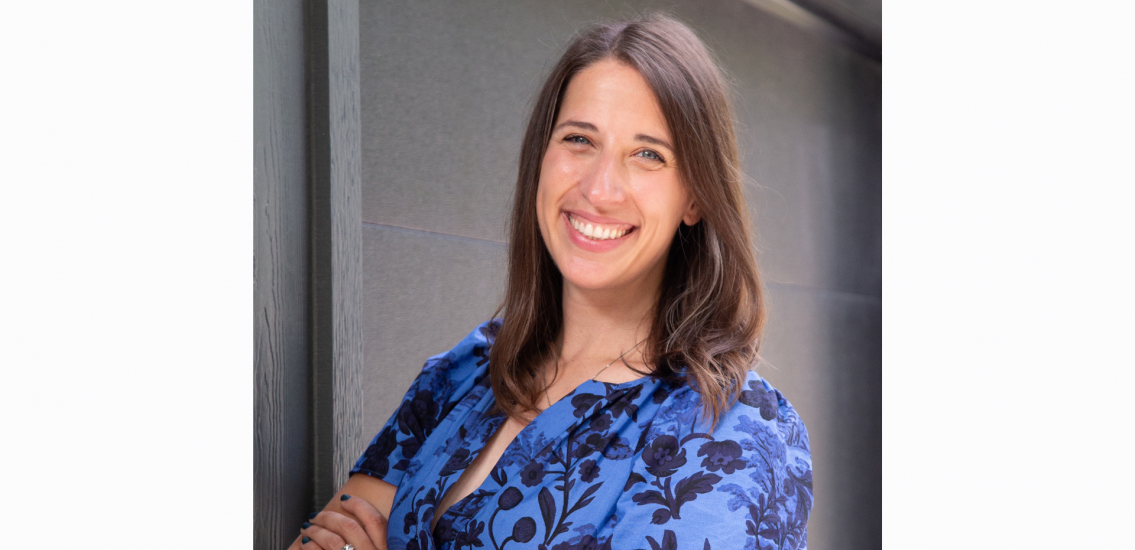
Yesh Pavlik Slenk, Senior Director, Climate Corps Global - Environmental Defense Fund
“With a deeply rooted culture of design thinking and iteration, Climate Corps has thrived globally by piloting, adapting, and learning from each experience,” says Yesh Pavlik Slenk, Senior Director, Climate Corps Global at EDF.
“India's dynamic landscape offers the perfect environment to nurture climate talent that will drive real change. Expanding into India was a natural evolution, allowing us to bring locally rooted climate leaders into a global network equipped with the flexibility to make the maximum impact,” she adds.
India is a particularly crucial frontier: according to the International Labour Organization, the country could create more than 3 million new jobs in renewable energy and sustainability by 2030 if the transition is managed well. Yet without a skilled workforce, these opportunities risk being missed. That’s where Climate Corps sees its mission, ensuring the people needed for India’s green transition are trained and ready.
Hisham Mundol, EDF’s Chief Advisor in India, underscores the urgency: “We need to make sure that emerging economies like India can deliver science-based, business-positive, environmentally responsible, people-relevant solutions.”
Five Years of India Impact
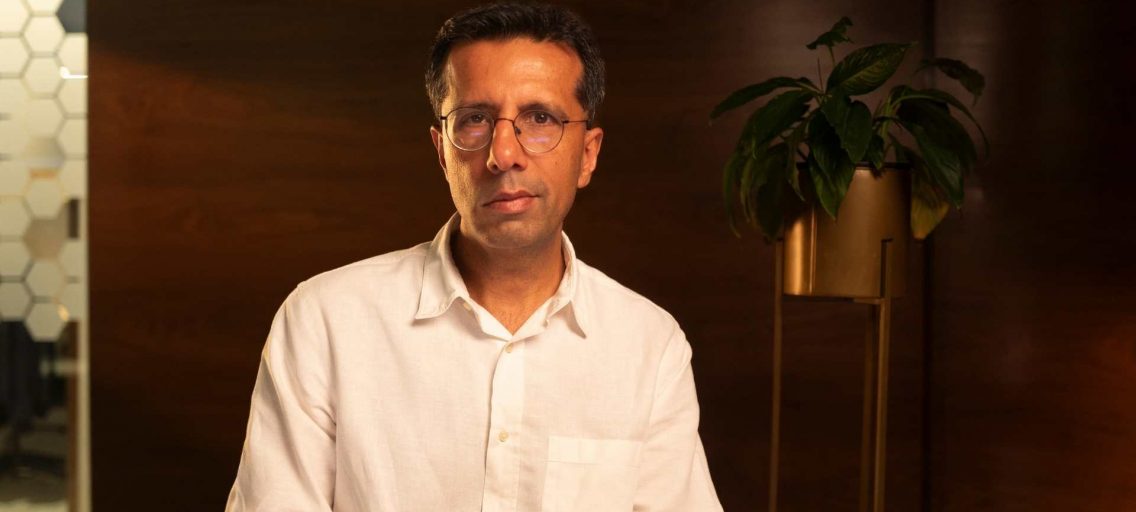
Ashish Dhawan, Founder and Chairperson - Ashoka University
For India, the climate transition is not optional. “At Ashoka, while we remain deeply committed to teaching and research excellence, we also see nation-building and impact as critical,” says Ashish Dhawan, Founding Chairperson, Board of Trustees, Ashoka University.
He emphasised that, being a tropical country, India will be hit harder than many others, with millions dependent on vulnerable agriculture. That is why, through the Climate Corps Fellowship in partnership with EDF, Ashoka is shaping leaders for the green sector. “Reaching the five-year mark is a milestone, and we are excited to see this fellowship grow its contribution in the years ahead,” he adds.
In these five years, fellows have partnered with organisations such as Amazon, Mahindra, Larsen & Toubro, ITC, Zomato, and the Tamil Nadu Green Climate Company, tackling projects ranging from zero-emission fleet transitions to climate-smart agriculture and circular manufacturing.
The outcomes are tangible: fellows have designed strategic roadmaps for electric fleets, integrated climate risk assessments into corporate operations, advanced renewable energy adoption, and influenced climate policy.
Bridging the Friction: Why Green Talent Matters Now
This journey has made one thing clear: the race to sustainability is as much about people as it is about policy.
“Indian companies are going to have to significantly accelerate how quickly they are embracing sustainability as a core part of their management development and workforce development programs,” says Hisham. “Companies that invest in green talent today are the ones that are going to survive and thrive in the future.”
Yet building that workforce is rarely simple. Legacy systems and competing priorities often stall climate action. “We are living in a climate emergency, and retrofitting old systems will always create friction,” Paridhi explains. “That’s where Climate Corps makes a difference. Fellows help ensure that this crucial work doesn’t get lost, but instead gains momentum.”
Looking Ahead: The Next Phase of Climate Corps India
As Climate Corps India enters its next phase, the vision is sharper and more ambitious.
Bridging the human capital gap: Beyond corporates, India’s public sector urgently needs climate expertise. The fellowship is expanding its model to include both 3- and 6-month engagements, enabling fellows to make meaningful contributions across government, municipal bodies, and public institutions.
Democratising knowledge: Fellows already receive best-in-class training from industry experts in emerging fields such as climate risk assessment, carbon markets, and supply chain sustainability. Over the next few years, Climate Corps will widen access to these modules, creating new entry points for many more professionals aspiring to build careers in climate action.
Strengthening the network: With over 100 alumni in India, the fellowship is nurturing a vibrant community of practitioners who act as lighthouses for change in their own spheres. By connecting this network with changemakers from diverse fields, the program aims to generate an impact that is truly greater than the sum of its parts.
“Over the next five years, I hope to see our fellowship not only grow but evolve to meet the region's changing needs,” says Yesh Pavlik Slenk.
Join the Movement
Five years in, Climate Corps India has shown that green talent is not a luxury; it is the cornerstone of a resilient economy. But the work is just beginning.
“If you’re searching for purposeful, life-changing work, climate action is exactly where you’ll find it. My advice is simple: there won’t be a better time to join climate action, just go for it,” adds Paridhi.
The call is open:
- To organisations ready to host fellows and embed sustainability into their DNA.
- To emerging young professionals eager to align passion with purpose.
- To students, early-career professionals, leaders, and educators seeking to upskill in sustainability, to become a part of the green workforce India urgently needs.
Here’s your chance to step in: Learn more here: https://x.ashoka.edu.in/climate_corps
“Climate change is the biggest challenge facing humanity, and climate action is the most urgent, the most exciting, and the most fulfilling thing that one can do professionally,” Hisham concludes.



